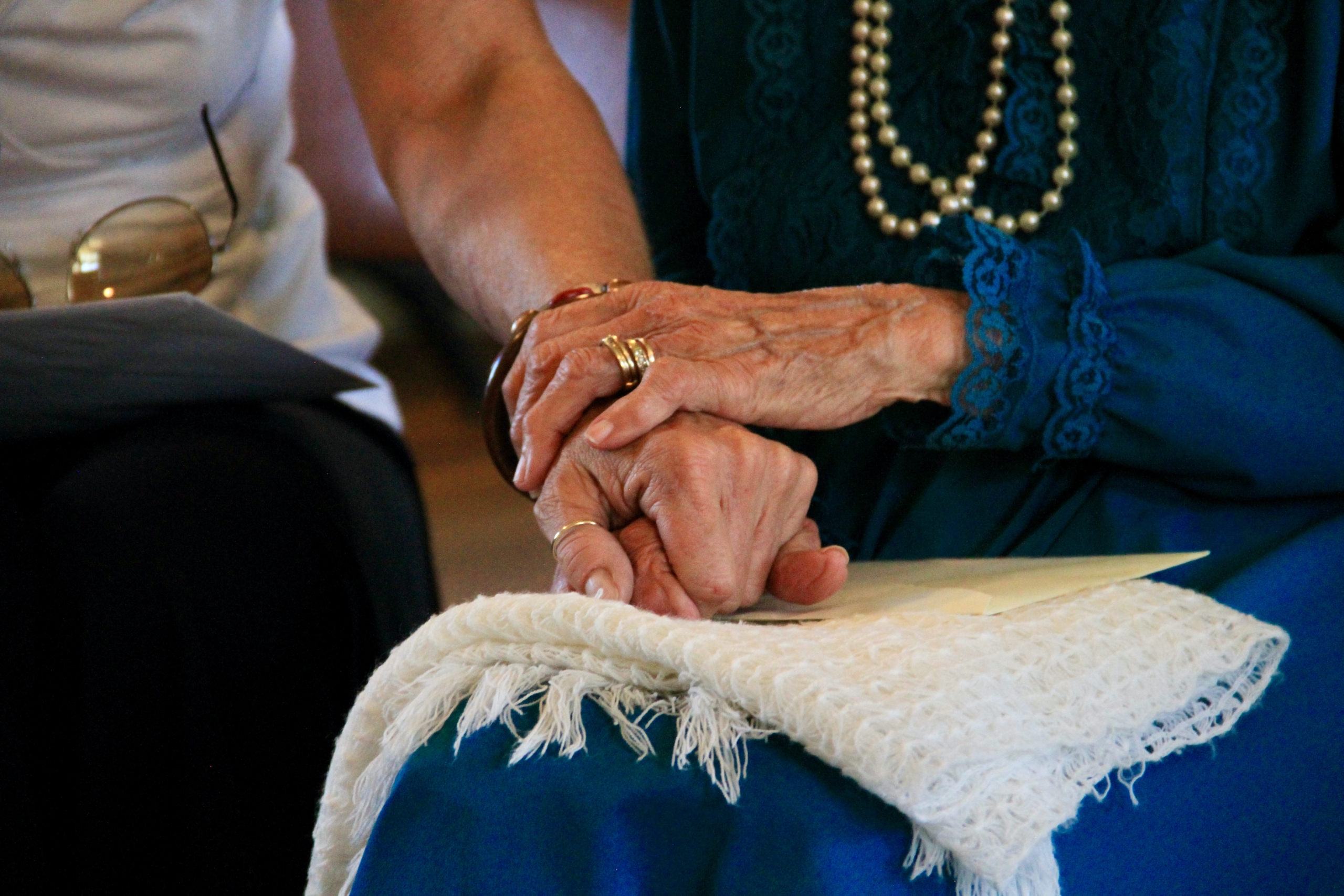The Cost of Caregiving; Mental, Physical, and Financial Health All Suffer
Survey Shows Caregivers More Likely to Have Retired Early Due to a Reason Beyond Their Control, with Smaller Savings
Washington, DC (August 7, 2023) – A new survey shows that unpaid caregivers – just over one in five Americans 25 or older – experience more financial challenges than non-caregivers. And they’re more likely to retire earlier than planned for reasons beyond their control – with lower savings and a reduced lifestyle.
The new 2023 RCS Caregivers Report released by Greenwald Research and the Employee Benefit Research Institute (EBRI) examines the retirement prospects, preparations, and experiences for unpaid caregivers vs. those who do not provide that care. The report, which relies on data collected for the two organizations’ 2023 Retirement Confidence Survey, defines caregivers as those who provided unpaid care for an adult and/or a child with special needs within the previous 12 months in a non-institutional setting.
That care included helping the recipient with at least one activity of daily living (such as bathing, dressing, eating, using the toilet) or one instrumental activity of daily living (including more complex activities like managing medications, food preparation, housekeeping, laundry, managing finances).
“Unpaid caregivers play a vital role in the lives of spouses, family members and friends who need help,” says Greenwald Research CEO Lisa Greenwald. “But they often provide that assistance at significant personal cost. What they do out of love and a sense of responsibility impacts their health, their earning capacity, and their long-term financial well-being.”
Presenting some of these results in mid-July, Lisa Weber-Raley, Chief Research Officer of Greenwald Research who leads caregiving research for the firm said: “We see caregivers – as a result of caregiving – stopping savings, racking up more debt, and using up their short-term and long-term savings. Those impacts are more common among lower-income and younger caregivers, so that idea that they’re in their prime working years and having to take a break from work, or not saving as much, will erode their confidence in what’s ahead.”
Key findings presented in report include:
Caregiving is likely to have a negative impact on physical, mental, and financial health: Among caregivers who are still in the workforce, 66% say their mental health is negatively impacted, 57% say their physical health is negatively impacted, and 54% say they have trouble working the hours they want or need.
The majority of working caregivers provide financial support to their caregiving recipient: 55% of working caregivers provide financial support, with just over a third of them providing $5,000 to $14,999 in the past year. Among retired caregivers, 37% provide financial support, with just under 40% of them contributing $5,000 to $14,999.
Caregivers are more likely to have fewer assets and greater problematic debt: One-quarter of caregivers have less than $1,000 in savings and investments, compared to 15% of non-caregivers. Nearly two of three caregivers (64%) say debt is a problem, compared to just over half (52%) of non-caregivers.
Among those who retired earlier than planned, nearly 4 in 10 caregivers (38%) did so because of the burdens of caregiving for a family member. Another 35% of those who retired early did so because of a health problem or disability. The top reason non-caregivers gave for retiring earlier than planned was that they could afford to.
Caregivers who are retired are more likely to say their overall lifestyle is worse than they expected: Specifically, 31% of caregiving retirees say their retirement lifestyle is worse, compared to 20% of non-caregiving retirees.
Higher income caregivers are less likely to be confident about their retirement prospects than high income non-caregivers: 66% of caregivers surveyed are employed, and 52% of them have annual household incomes of $75,000 or more. 18% of that group say they’re not confident about having enough money to cover basic expenses in retirement, compared to 12% of non-caregivers in that group.
The 2023 RCS Caregivers Report and the 2023 Retirement Confidence Survey short report are available online. A summary of the 2023 Retirement Confidence Survey findings is available here. A webinar presenting key results is available here.
About the Survey
Greenwald Research and EBRI surveyed 2,537 Americans aged 25 or older from Jan. 5 through Feb. 2, 2023, for this year’s Retirement Confidence Survey. The survey included 1,320 workers and 1,217 retirees and included an oversample of roughly 944 completed surveys among caregivers (598 workers and 346 retirees).
About Retirement Confidence Survey Sponsors
Greenwald Research and EBRI would like to thank the 2023 RCS sponsors who helped shape this year’s survey: American Funds/Capital Group; Bank of America; Blackrock; Columbia Threadneedle; Empower; Fidelity Investments; FINRA; Jackson National; J.P. Morgan Chase & Co.; Mercer; Mutual of America; Nationwide; NEFE; New York Life; PGIM; PIMCO; Principal Financial Group, and T. Rowe Price.
About Greenwald Research
Greenwald Research is a leading independent custom research firm and consulting partner to the health and wealth industries that applies creative quantitative and qualitative methods to produce knowledge that helps companies stay competitive and navigate industry change. By leveraging deep subject matter expertise and a trusted consultative approach, Greenwald offers comprehensive services for weaving rich research stories that answer strategic business questions. For 33 years, Greenwald has partnered with the Employee Benefits Research Institute to conduct the annual Retirement Confidence Survey.
About the Employee Benefit Research Institute (EBRI)
The Employee Benefit Research Institute is a non-profit, independent, and unbiased resource organization that provides the most authoritative and objective information about critical issues relating to employee benefit programs in the United States.
# # #
Contacts:
Herb Perone
herbperone@gmail.com
301-512-7636
Quinncee Payne
quinnceepayne@greenwaldresearch.com
202-686-0300








